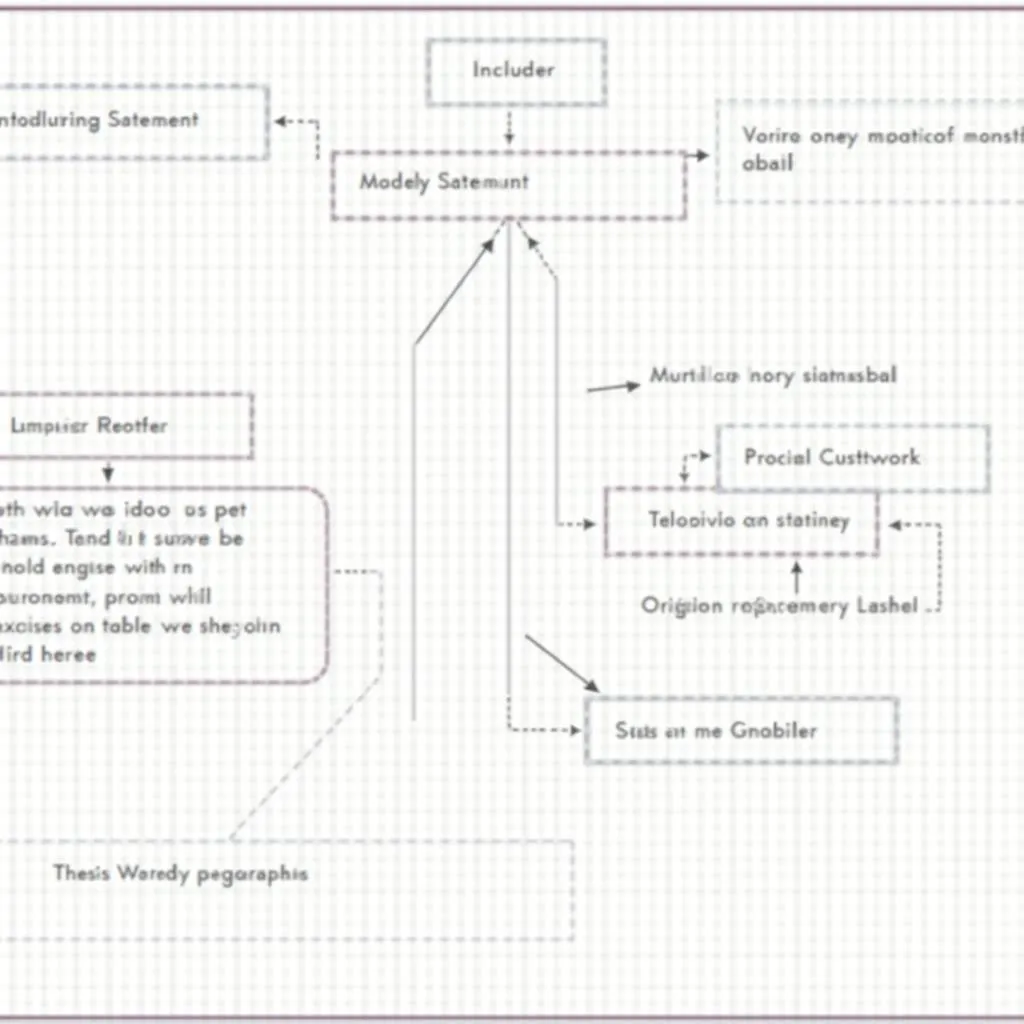Understanding the Importance of Essay Structure
Mastering the structure of an IELTS Writing Task 2 essay is crucial for achieving a high band score. A well-organized essay demonstrates clear thinking and effective communication skills, which are key components assessed in the IELTS exam. Proper structure helps you present your ideas logically and coherently, making it easier for the examiner to follow your arguments and evaluate your writing ability.

Key Components of IELTS Writing Task 2 Essay Structure
Introduction
The introduction sets the tone for your essay and provides a roadmap for the examiner. It should include:
- A hook or general statement related to the topic
- Background information to contextualize the issue
- A clear thesis statement that directly addresses the essay question
Example:
In recent years, the debate surrounding the use of social media has intensified. While some argue that these platforms enhance communication and connectivity, others contend that they have negative impacts on personal relationships and mental health. This essay will discuss both viewpoints and provide my opinion on the matter.Body Paragraphs
Your essay should typically have 2-3 body paragraphs, each focusing on a main idea that supports your thesis. The structure of each body paragraph should include:
- A topic sentence that introduces the main idea
- Supporting details, examples, or evidence
- An explanation of how the evidence relates to your argument
- A concluding sentence that ties back to the main topic
Example of a body paragraph:
One significant advantage of social media is its ability to connect people across vast distances. Platforms like Facebook and Instagram allow individuals to maintain relationships with friends and family members regardless of geographical barriers. For instance, expatriates can easily share their experiences and stay in touch with loved ones back home through regular updates and video calls. This global connectivity fosters a sense of closeness and community that was previously impossible to maintain over long distances.Conclusion
The conclusion serves to wrap up your essay and leave a lasting impression. It should:
- Restate your thesis in different words
- Summarize the main points discussed in the body paragraphs
- Provide a final thought or recommendation (if appropriate)
Example:
In conclusion, while social media platforms offer unprecedented opportunities for global connectivity and information sharing, they also present challenges to personal privacy and mental well-being. Balancing the benefits and drawbacks of these technologies is crucial for individuals and society as a whole. Ultimately, responsible use and awareness of potential risks can help us harness the positive aspects of social media while mitigating its negative impacts.Advanced Techniques for Enhancing Essay Structure
Coherence and Cohesion
To improve the flow of your essay and create a seamless connection between ideas, use:
- Transition words and phrases (e.g., however, moreover, in contrast)
- Referencing words (e.g., this, these, such)
- Parallel structures to emphasize related ideas
Example:
Social media platforms offer numerous benefits. Firstly, they facilitate instant communication. Secondly, they provide access to a wealth of information. Lastly, they create opportunities for online learning and skill development.Paragraph Development
Enhance the depth and clarity of your body paragraphs by:
- Using the PEEL method (Point, Evidence, Explanation, Link)
- Incorporating a mix of facts, statistics, and real-world examples
- Addressing potential counterarguments to strengthen your position
Common Pitfalls to Avoid in IELTS Writing Task 2 Structure
- Neglecting to include a clear thesis statement in the introduction
- Writing overly long or short paragraphs that disrupt the essay’s balance
- Failing to use topic sentences to introduce new ideas in body paragraphs
- Introducing new arguments or information in the conclusion
- Ignoring the word count requirement (250 words minimum)
Practice Exercises to Improve Your Essay Structure
-
Outline Creation: Practice creating detailed outlines for various IELTS Writing Task 2 questions, focusing on organizing your ideas logically.
-
Paragraph Analysis: Examine sample high-scoring essays and identify the key structural elements in each paragraph.
-
Timed Writing: Set a timer for 40 minutes and write a full essay, paying close attention to structure and time management.
-
Peer Review: Exchange essays with a study partner and provide feedback on each other’s structural choices.
-
Revision Practice: Take a previously written essay and restructure it to improve coherence and flow.
By mastering the structure of IELTS Writing Task 2 essays and consistently practicing these techniques, you can significantly improve your writing skills and increase your chances of achieving a high band score. Remember that while structure is crucial, it should serve as a framework for presenting your ideas clearly and persuasively. Continue to refine your approach through regular practice and feedback to develop a strong, personalized writing style that meets IELTS standards.